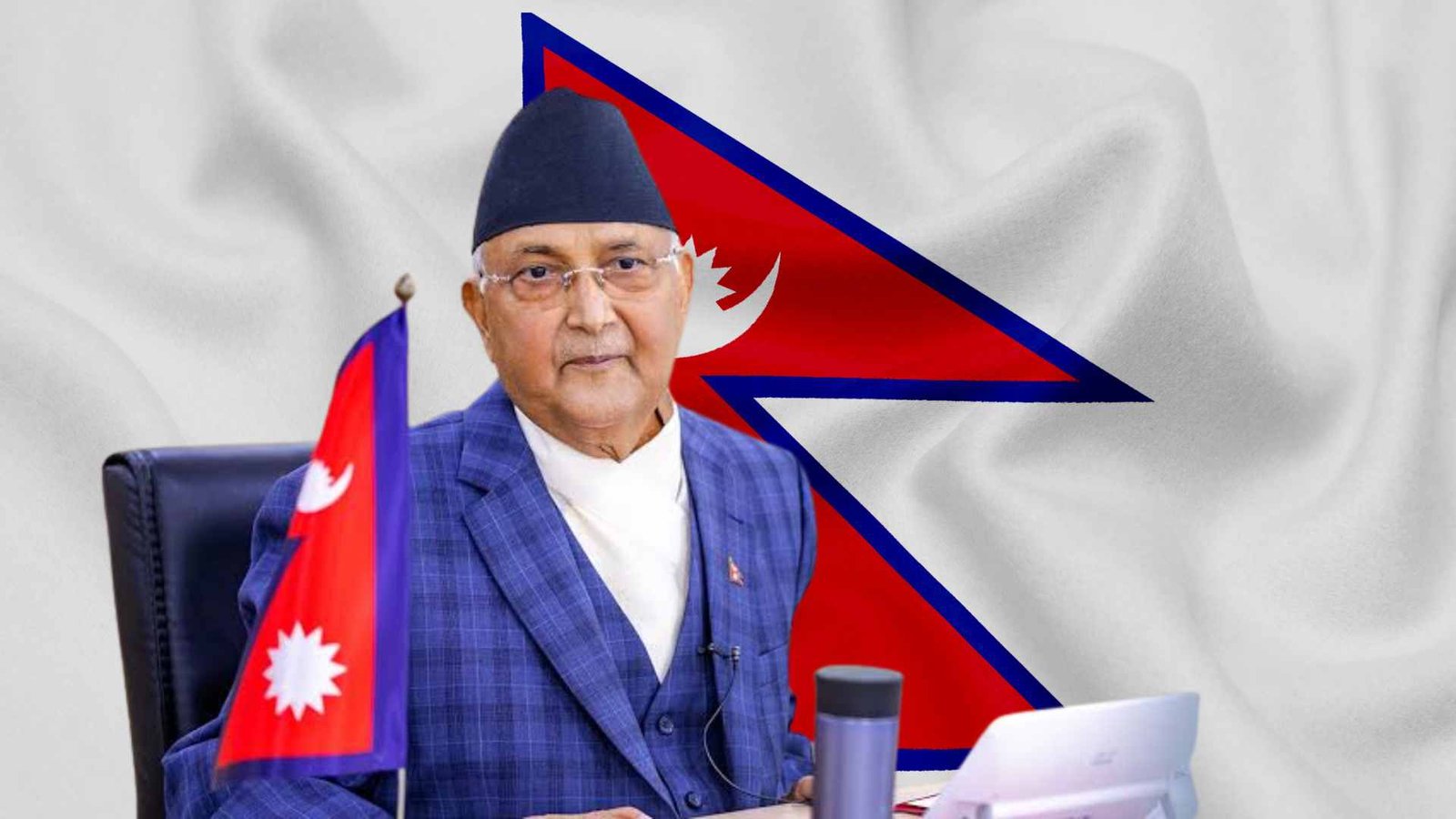Nepal’s New Prime Minister: Khadga Prasad Oli Khadga Prasad Oli, leader of Nepal’s largest communist party, took the oath of office in Kathmandu. Oli, a seasoned politician, now heads a coalition government consisting of his Communist Party of Nepal and the Nepali Congress party. This marks his fourth term as the Prime Minister of Nepal, following the collapse of the previous government led by Pushpa Kamal Dahal. Table of ContentsEarly Life and Political JourneyFirst Term as Prime MinisterSecond Term as Prime MinisterRelations with IndiaRelations with ChinaDomestic Policies and ReformsCoalition Government DynamicsParliamentary Confidence VotePublic Perception and SupportChallenges AheadFuture Prospects Early Life and Political Journey Early Life and Education Khadga Prasad Oli was born in a modest family in Terathum district. He pursued his early education in his hometown before moving to Kathmandu for higher studies. His interest in politics sparked during his college days, influenced by the political unrest in Nepal. Entry into Politics Oli’s political career began with his involvement in the Communist Party of Nepal. His dedication and leadership skills quickly propelled him through the party ranks, eventually leading to his first significant role in the government. First Term as Prime Minister Key Achievements During his first term, Oli focused on improving infrastructure and boosting Nepal’s economy. He initiated several key projects aimed at

Khadga Prasad Oli: Nepal’s Political Landscape Transforms as he Returns to Power, Aiming for Stability and Growth
Topics
- Artificial Intelligence
- companies
- Construct 360
- E-Commerce industry
- Economy News
- Economy News
- Editor Choice
- Edtech industry
- energy industry
- Entertainment & Leisure
- Entrepreneurs
- Featured
- Fintech
- Funding News
- General News
- Government Policies
- Growth & Strategy
- Health & Wellness
- Healthtech
- industry
- Information & Communication Technology
- Lifestyle
- Management
- Management and Leadership
- Marketing & Branding
- Merger and Acquisition
- Money & Personal Finance
- News
- Oil and Gas
- Real Estate
- Sports and Productivity
- Start-up
- Technology
- Top 10 Listing Article
- Travel
- Women
More
Popular Categories



